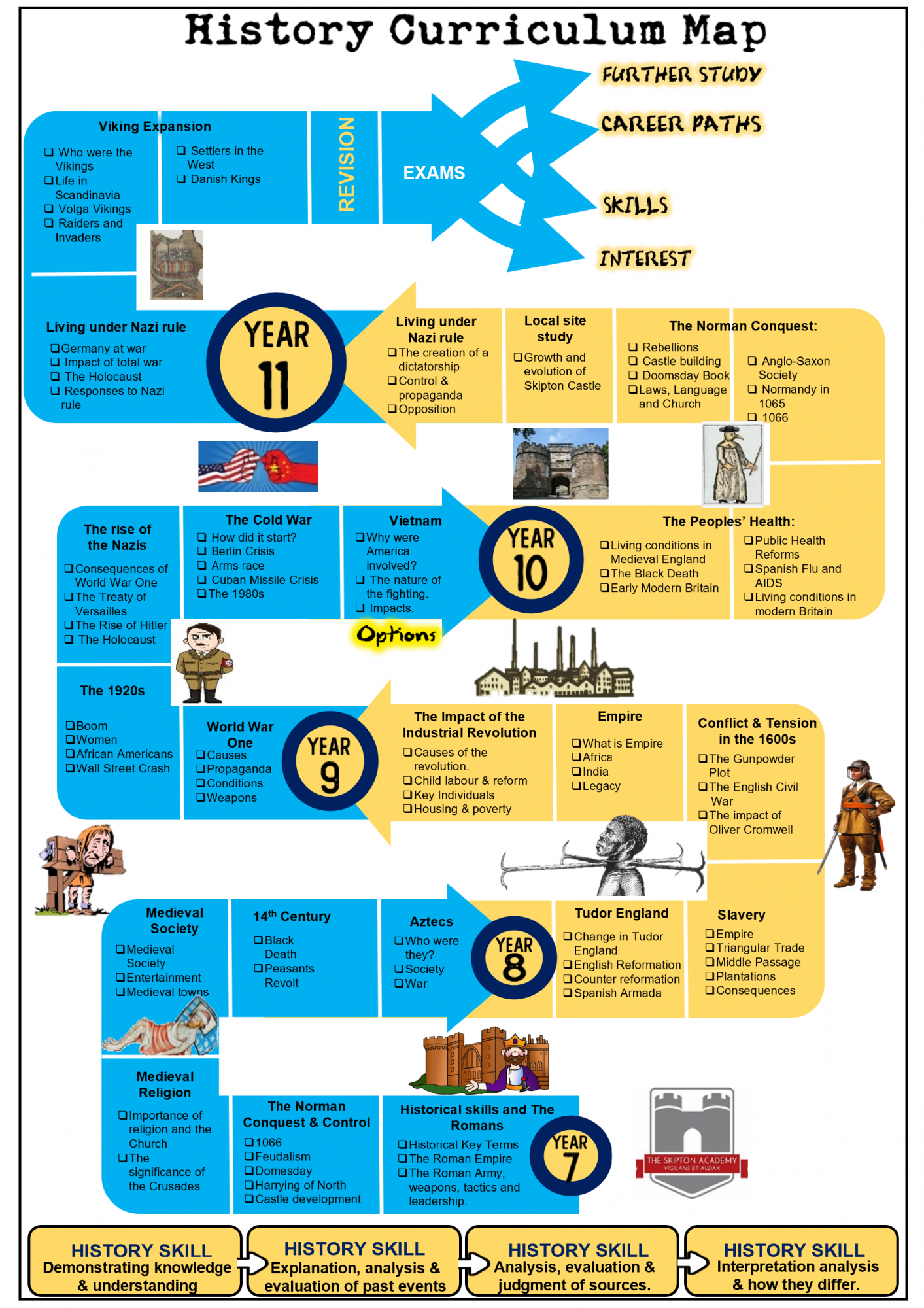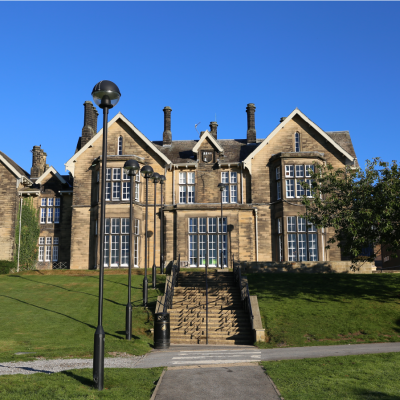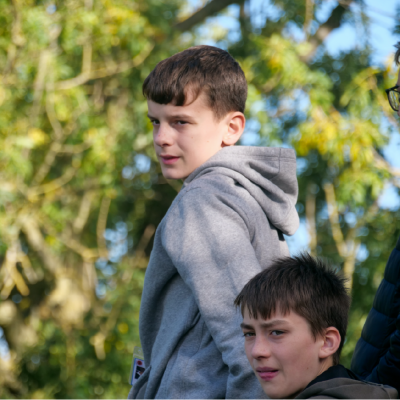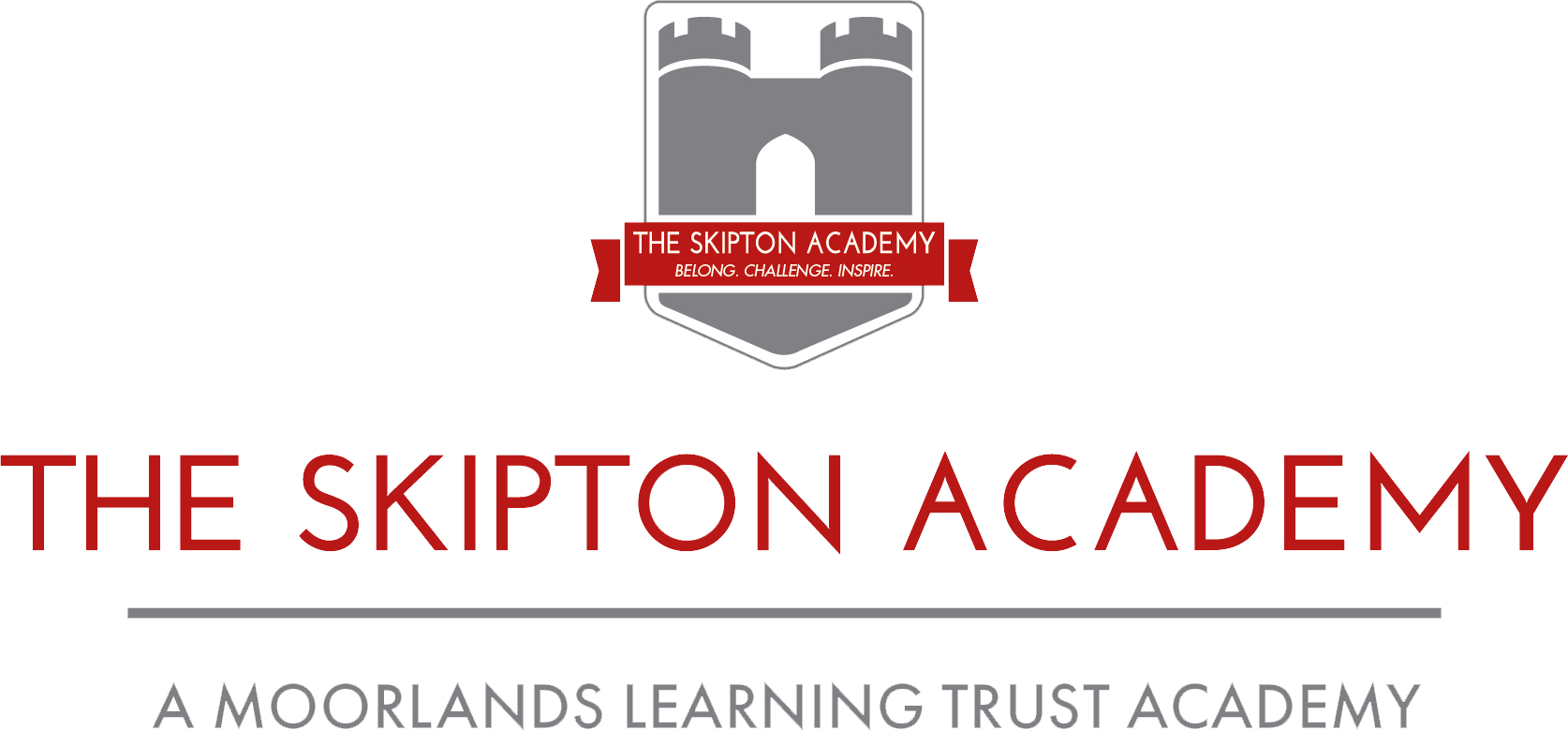HISTORY
History Curriculum Intent
At The Skipton Academy, our aspiration is to deliver an inclusive and ambitious history curriculum that allows students of all abilities to better understand, and engage with, the complex and diverse world in which they live. The study of History, as a part of the wider Humanities curriculum, will enable our students to understand the complexity of people’s lives, the process of change, the diversity of societies and the relationships between different groups.
Our geographically and historically broad curriculum will help our historians to develop the skills to critically evaluate conflicting and sometimes contradictory interpretations and to form judgements based upon powerful knowledge and repeated encounters with rich stories and meaningful examples. Throughout their learning we will embed in our historians a culture of challenge and debate.
Each Key Stage has been carefully considered so there is a clear progression in both Substantive Knowledge (the what) and Disciplinary Knowledge (the how). Threshold concepts (such as equality, slavery, political structures and religion) are strategically taught to ensure that students are provided with the powerful knowledge they need to unlock more complex concepts when the appear throughout the curriculum.
In Key Stage 3, our historians will study a broad range of topics that builds upon the varied prior experiences at Key Stage 2. This content has been carefully selected to be challenging, chronologically coherent and engaging and exceeds the requirements of the National Curriculum. These topics include contrasting studies of conquest (Romans, Normans, Spanish and British Empires), conflict (First World War, Cold War and Vietnam), the development of Modern Britain (English Civil War, Industrial Revolution and Suffrage), the importance of the church (Medieval England and Tudor England). We include geographical depth and breadth through the study of topics such as the Aztecs, 1920’s USA and the Vietnam War)
Throughout this journey, their skills of analysis and critical thinking will be developed to ensure an understanding of key disciplinary concepts such as cause and consequence, continuity and change, similarity and difference and significance. This will be achieved by analysing and challenging sources and evidence and differing academic and social interpretations of historical events.
Whenever possible we will exploit cross-curricular and local links. This will ensure that our is not only relevant but that our historians also gain a better understanding of their local environment and their place in it, as well as enriching their cultural capital.
At Key Stage 4 we follow the OCR specification. The broad content within this specification builds upon the knowledge and skills secured in Key Stage 3 through a wide range of thematic, depth and period studies. The carefully selected topics ensure that the exam specification is thoroughly covered whilst building depth to topics already encountered (such as Nazi Germany and the Norman Conquest) and breadth to their knowledge with the inclusion of new topics such as the People’s Heath and the Viking Expansion.
As a part of their GCSE History, our historians will have an opportunity to engage in a local History Study. The in-depth study of Skipton castle will not only enable our historians to develop their knowledge and understanding of their local environment and their place in it but it will also give them an opportunity to engage in fieldwork experiences with site visits.
Vitally, across our Key Stage 4 curriculum, our historians will continue to develop their skills of challenge, curiosity, analysis, debate and independent study.
Above all, at The Skipton Academy, we aspire for our historians, of all key stages, to not only achieve academic success but to also develop a life-long love of history.













